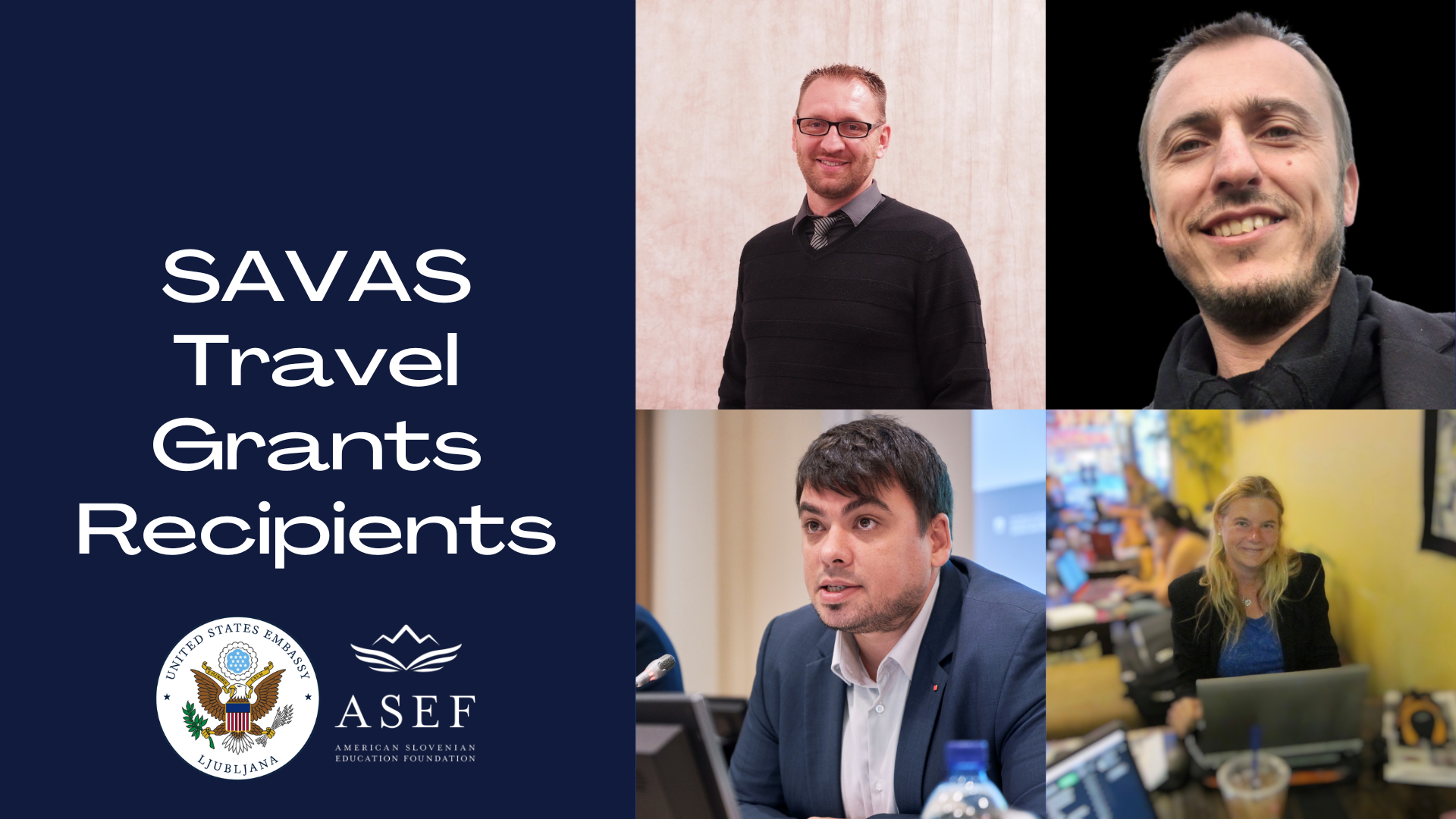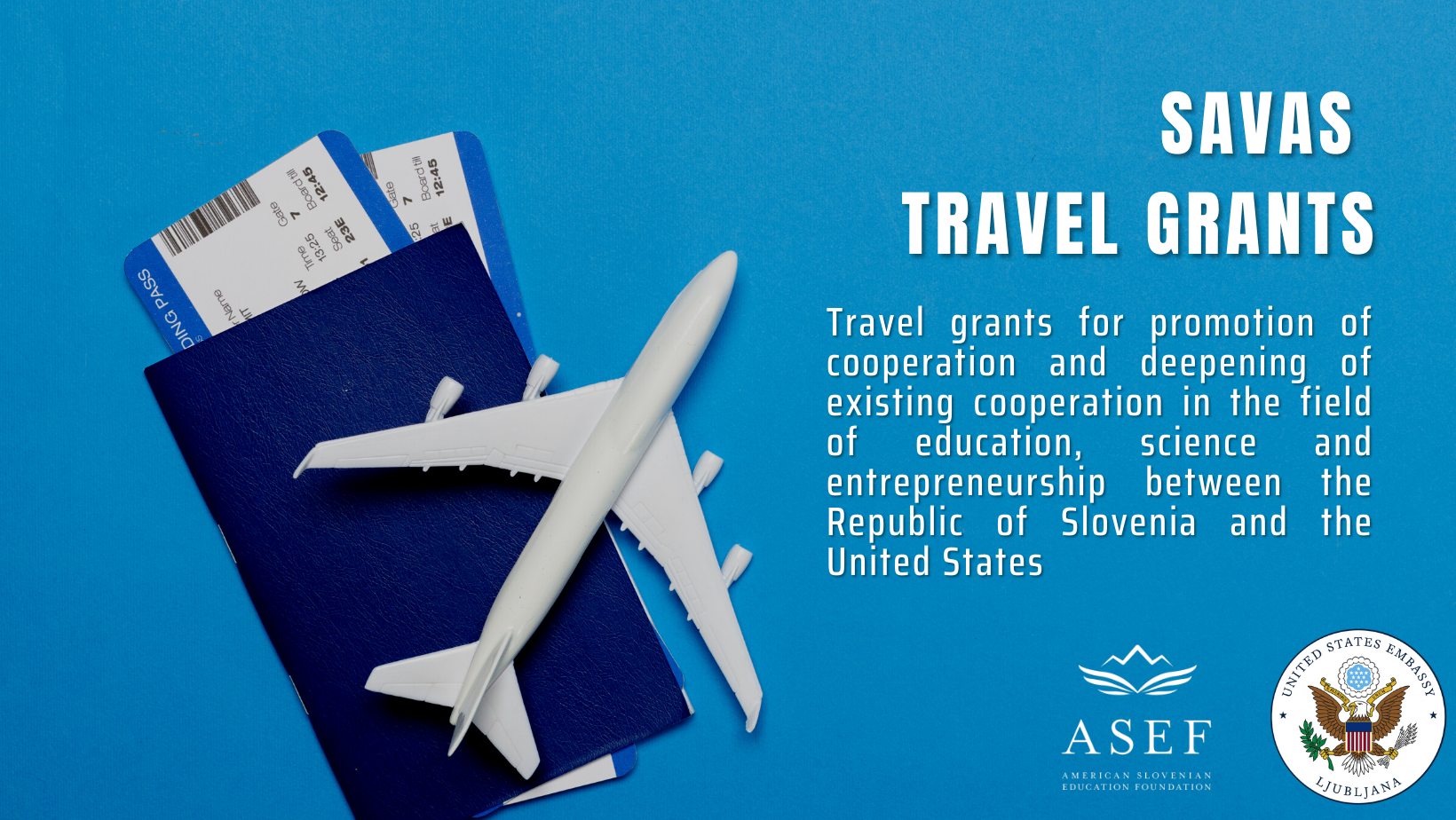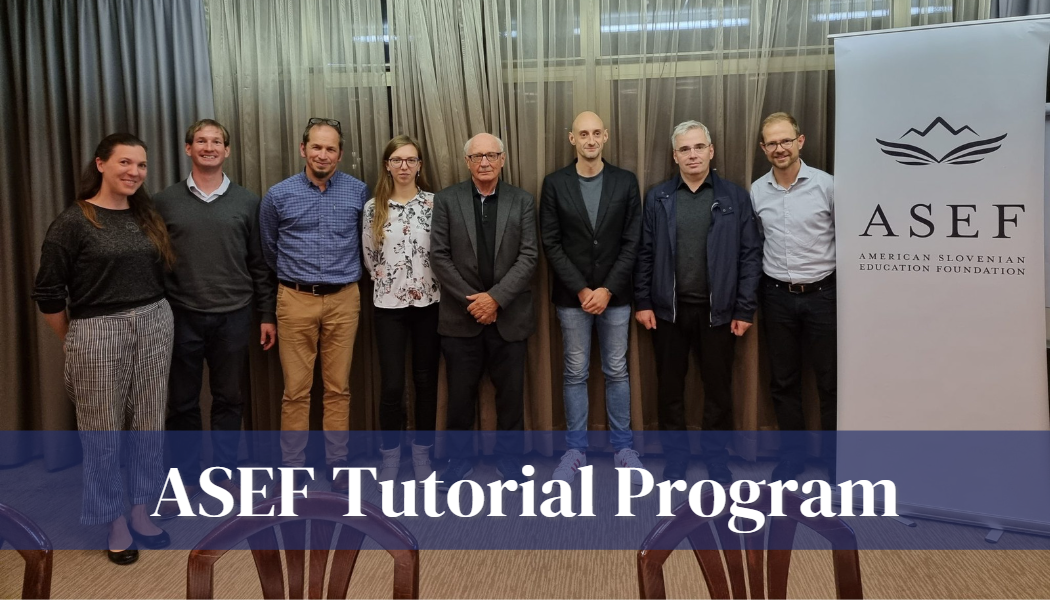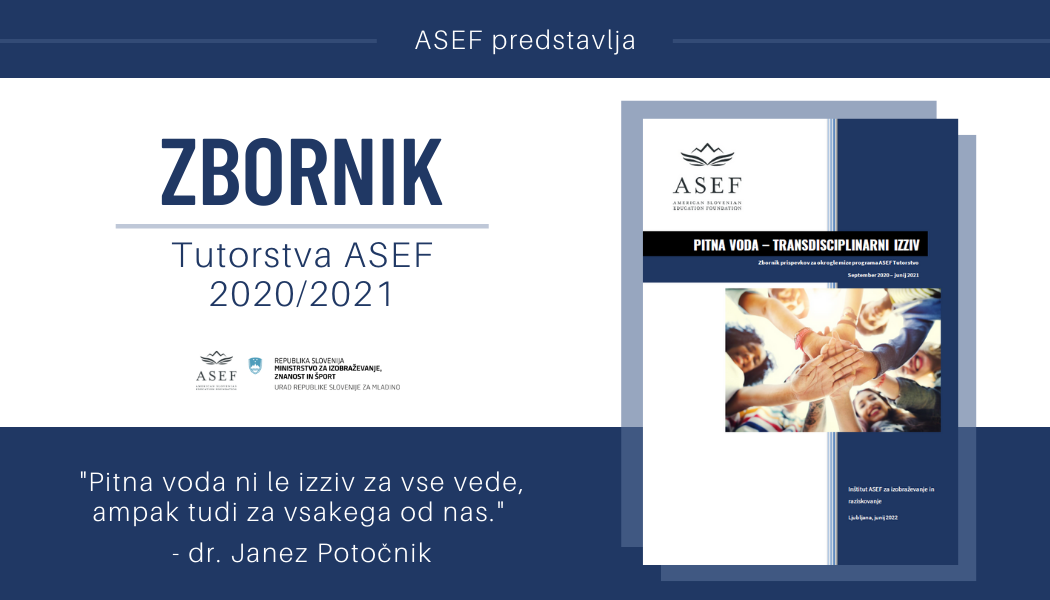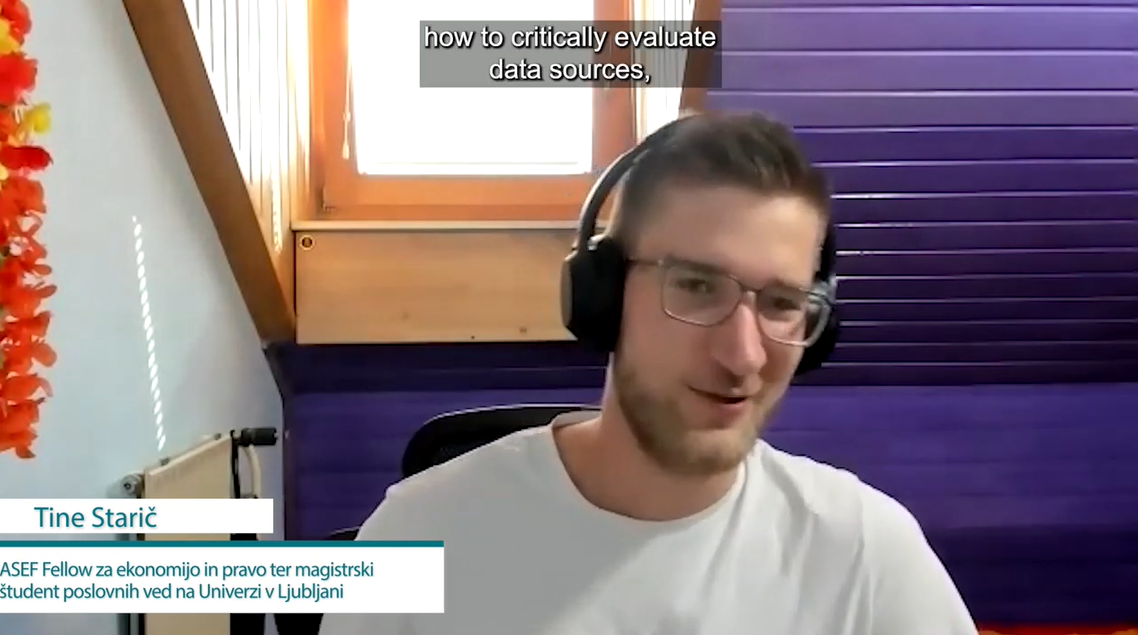
CRP project – Analytical model of policy measures evaluation in the field of returning educated Slovenians
BASIC INFORMATION ON THE RESEARCH PROJECT
Code: V2-2357
Title: Analytical model of policy measures evaluation in the field of returning educated Slovenians
Head of the project:
35422 – dr. Marinka Žitnik
Researchers:
33425 – dr. Jurij Leskovec
36485 – dr. Dejan Valentinčič
54486 – Barbara Zagorc
Other participants:
Kaja Cunk
Caroline Morton
Funding period: from October 1, 2023 until September 30, 2025
Research organization: 3745 – ASEF Institute for Education and Research
Grant: Public call for the selection of research projects within the framework of the “CRP 2023” targeted research programme for 2023
Co-funders:
Slovenian Research and Innovation Agency, Bleiweisova cesta 30, 1000 Ljubljana
Ministry of Higher Education, Science and Innovation, Masarykova cesta 16, 1000 Ljubljana
SHORT DESCRIPTION AND PHASES OF THE RESEARCH PROJECT
Short description:
Slovenian emigration has a long and complex history, closely linked to the country’s economic, political, and social situation. Since Slovenia’s independence in 1991, emigration has continued, but the nature of emigration has changed in line with general global trends and the specific characteristics of Slovenian society and economy.
Data show that more educated citizens emigrate from Slovenia each year than immigrate. There are diverse factors influencing the decision to leave, including employment and education, values of self-fulfillment, and personal reasons. The outflow of human capital or brain drain significantly impacts a country strategically and economically, as these individuals could contribute to domestic development and prosperity. In addition to the demographic loss, which is difficult to replace at today’s birth rate, the country is also losing skilled individuals in whom it has invested heavily (in the form of education and training). The result is a shortage of trained and qualified people to work on development projects and to be the driving force behind various activities and innovations.
On the other hand, due to the emigration trend, the return of educated Slovenians to Slovenia is becoming a priority topic and focus of many national strategies and documents (e.g., The Slovenian Development Strategy 2030, The Resolution on National programme of higher education 2030, The Resolution on the Slovenian Scientific Research and Innovation Strategy 2030). Also, due to the topicality of the issue, there are numerous research studies on the return of educated Slovenians to Slovenia, which usually focus only on specific aspects of the return.
In order to successfully prepare an action strategy and develop a predictive model of the return of educated Slovenians, taking into account all social dynamics and characteristics, it is necessary to develop a new methodological framework based on the integration of existing approaches and taking into account the methodological insights of previous research. This will be made possible by the project, which will be able to analyze the data and results of the measures implemented by different ministries, and in particular by the Ministry of Higher Education, Science and Innovation, in order to attract educated Slovenians to Slovenia, and will incorporate advanced methods of data analysis and machine learning. This will lay the foundations for building on the research in the form of complex analyses leading to the development of sustainable recommendation models for successfully addressing the return of educated Slovenians to Slovenia, including encouraging return and successfully addressing barriers to return.
Furthermore, the multidisciplinary project will thus be carried out in the field of computer and information science, with a focus on machine learning, and in the field of sociology, law and national issues, with a focus on Slovenian migration. It will be the first Slovenian project with an applied focus, where the results of past research will be analyzed in an advanced way and applied to machine learning approaches. Therefore, this project’s main contribution is the development of an applied predictive model, which will be a novelty in the relevant research fields in Slovenia.
Keywords:
Return migration policy, reintegration policy, evaluation of policy and measures, machine learning in migration research, return of educated Slovenians, educated Slovenian emigrants, methodology, sustainable recommendation models, return strategies, predictive model
Project phases and description of their realization:
DS1: Project Management and Coordination
DS2: Review and Integration of Existing Approaches to Studying the Issue of Educated Slovenians Returning
F1 (November 1, 2023 – January 31, 2024): Thorough review of existing (quantitative and qualitative) approaches to studying the issue of educated Slovenians returning.
F2 (February 1, 2024 – March 31, 2024): Integration of approaches to studying the issue of educated Slovenians returning.
DS3: Development of a New Methodological Approach for Studying the Issue of Educated Slovenians Returning
F1 (April 1, 2024 – May 30, 2024): Development of a new methodological framework based on existing data on the return of educated Slovenians to Slovenia, obtained from previous research.
F2 (June 1, 2024 – June 30, 2024): Detailed examination and refinement of existing methodologies for studying the return of educated Slovenians, from which a new methodology will be developed.
F3 (July 1, 2024 – July 31, 2024): Development of a new methodological approach in such a way that existing data sources are integrated and analyzed as an interdependent whole.
DS4: Complex Analyses on the Return of Slovenians
F1 (August 1, 2024 – September 30, 2024): Advanced data analysis from multiple data sources, considering interdependencies among elements.
F2 (October 1, 2024 – October 31, 2024): Advanced analysis of the conditions for the return of educated Slovenians.
F3 (November 1, 2024 – November 30, 2024): Advanced analysis of factors that encourage and discourage returning.
F4 (December 1, 2024 – December 31, 2024): Advanced analysis of barriers to returning.
DS5: Predictive Model for the Return of Slovenians to Slovenia
F1 (January 1, 2025 – March 31, 2025): Development of a predictive model for the return of Slovenians, taking into account social dynamics and specifics.
DS6: Sustainable Recommendation Models for the Successful Return of Educated Slovenians
F1 (October 1, 2024 – December 31, 2024): Review of existing methodologies for assessing the sustainability of measures.
F2 (January 1, 2025 – March 31, 2025): Development of a methodology for assessing the sustainability of measures.
F3 (April 1, 2024 – September 30, 2025): Development of sustainable recommendation models for successfully addressing the return of educated Slovenians, which will be useful for MVZI.
DS7: Dissemination of Results and Findings
RESEARCH PROJECT RESULTS
Bibliographic References:
To be added later.




